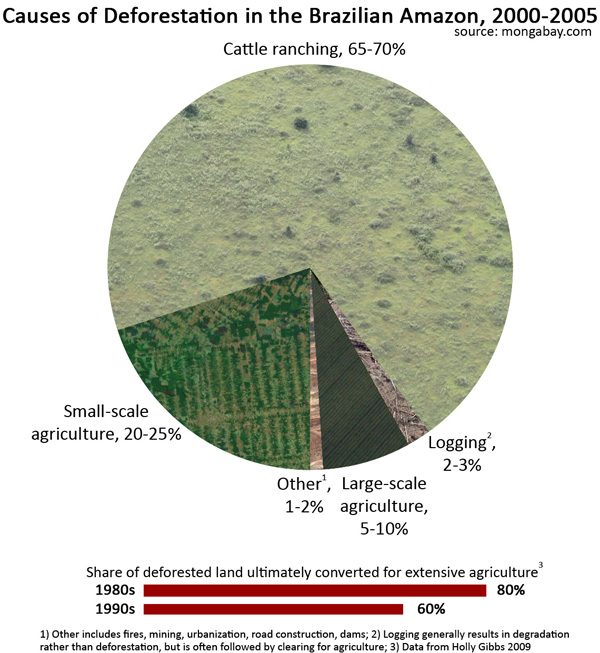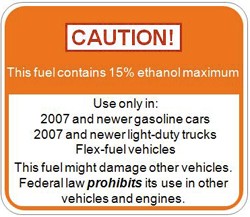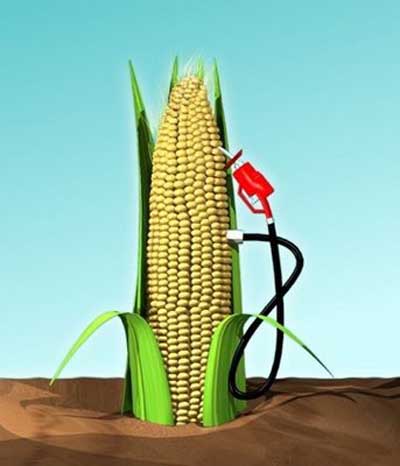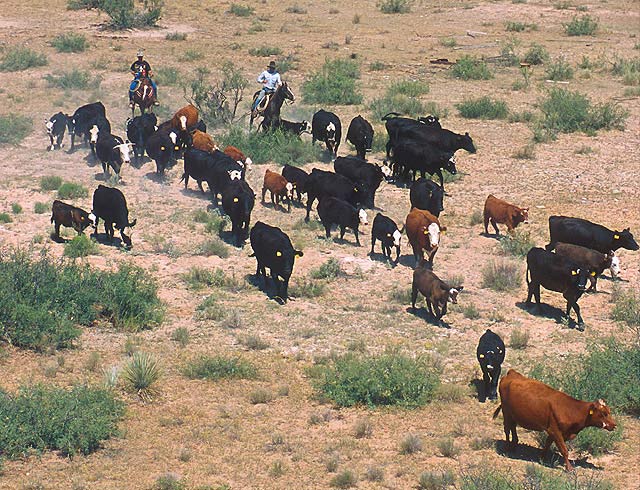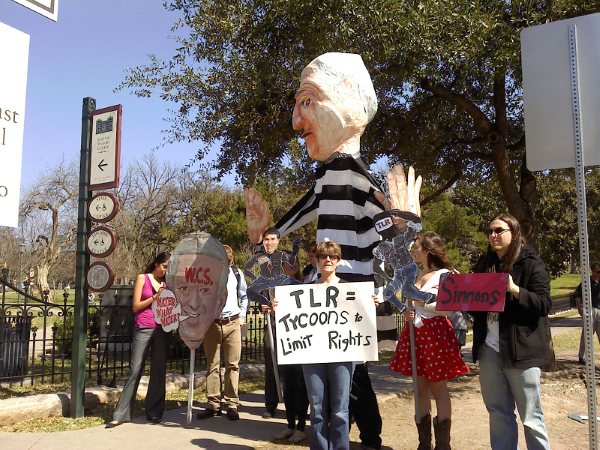
Lake Travis Levels Plummeted During 2009 Drought
Today the Lower Colorado River Authority (LCRA) Board of Directors delayed a vote on providing water to the “White Stallion” coal plant proposed for Matagorda County. Though White Stallion’s Chief Operation Officer, Randy Bird, was expecting and asking for approval of a contract today, the board chose to delay action until August 10. This makes sense considering that they were confronted with more than 30 people who signed up to speak against the coal plant, some driving from as far away as the Gulf Coast (some taking off work) in order to be there. This delay is a victory for those opposing the coal plant and a step in the right direction in convincing the LCRA that this project is not a beneficial or responsible use of water from the Colorado River Basin.
Key concerns included the general aspect of this project and the negative effects it would have on the people, environment (and watershed) of the region. There were also, as expected, many concerns regarding the current drought and many agreements that the last thing LCRA should consider is adding more, firm water commitments particularly when LCRA is already asking customers to conserve and scale back their water use. Concerns about how global warming would further worsen dry conditions in the region over the next 55 years (the length of the proposed contract) were also voiced by many of the speakers.
“Even though they haven’t denied it yet, we’re glad they’re taking their time to look into the serious implications of this coal plant request” said Lydia Avila with Sierra Club. “We’re confident that when they look at the facts they will realize this is a bad deal for Texans and reject it.”
Only one or two people spoke in favor of granting the contract, one of whom was Owen Bludau, Executive Director of the Matagorda County Economic Development Corporation – one of the original entities that worked to bring the White Stallion proposal to Bay City. Those speaking against the contract included Matagorda County Judge Nate McDonald, Burnet County Judge Donna Klaeger, David Weinberg (Executive Director of the Texas League of Conservation Voters), Doctor Lauren Ross (who recently released this report on how White Stallion would affect water in the Colorado watershed), and many others including concerned residents throughout the LCRA region and landowners located right next to the proposed plant site.
Public Citizen applauds LCRA’s decision to table this vote. It shows that the LCRA takes the concerns of their stakeholders seriously. The next two months should prove to the LCRA that this coal plant is both unnecessary and a waste of our most precious and dwindling resource: our water.
Update and thank you!
Public Citizen wants to thank all of you who responded to our emails, blogs, tweets and phone calls and either called, mailed, or emailed comments in, and to those who showed up and packed the meeting room today. This decision would probably have been very different if you had not made your concerns know to the board. You are all awesome!


